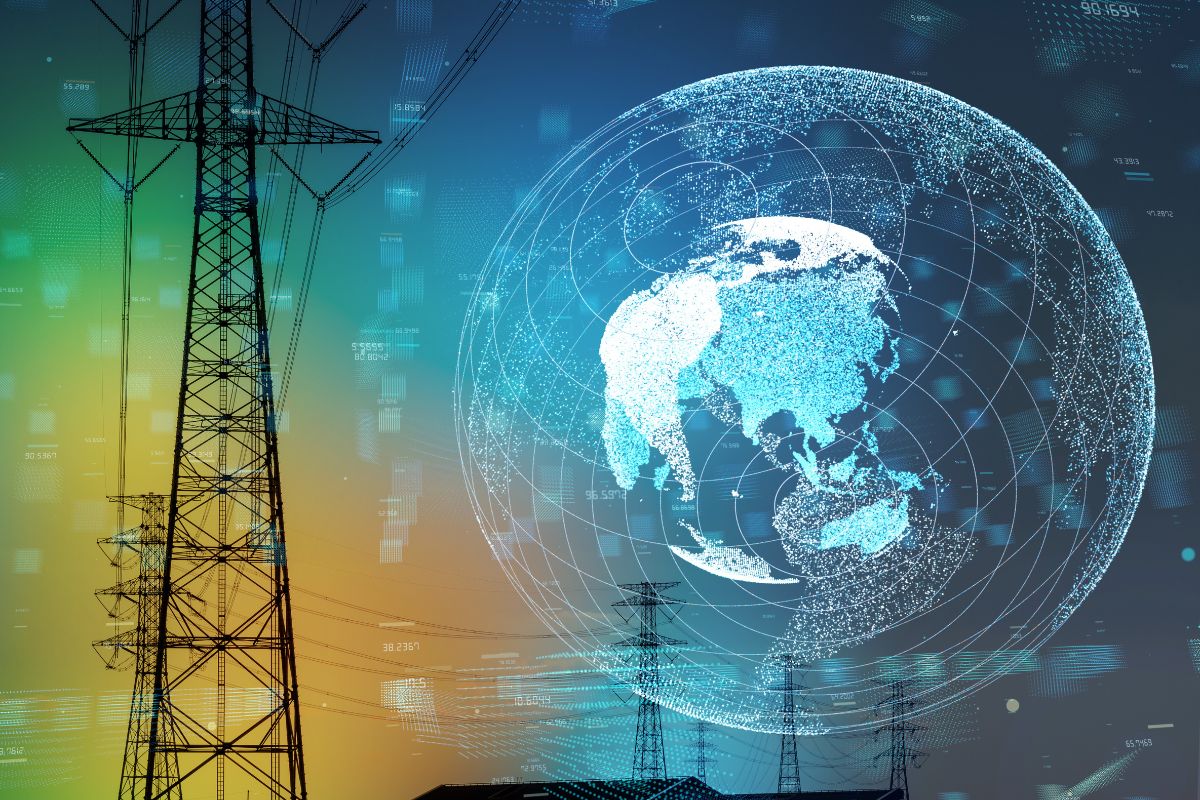What the future holds for the global energy transition in light of China’s role in supplying critical minerals for the renewable sector is a question which is now exercising minds across the world. Globally, responsibly sourcing large quantities of minerals that are critical for the transition to low-carbon energy sources is a big ask. Consumption of these critical minerals including nickel, copper, lithium, and cobalt is projected to rise exponentially in the coming years driven by their use in the renewable energy sector. According to the International Energy Agency’s Sustainable Development Scenario, demand is expected to quadruple by 2040 as countries act to limit the global temperature rise to below 2°C; it is projected to rise by six times in a netzero scenario. While a broad consensus has emerged between the United States of America, the European Union, and China to increase the supply and rate of production of the raw materials needed for the energy transition to address the challenge of climate change, meeting this demand has its own set of issues.
Producing these minerals in strict adherence to environmental, social, and governance criteria will be ~ not to put too fine a point on it ~ critical if the ends are to be justified by the means. Scholars Rodrigo Castillo and Caitlin Purdy of Results for Development, a leading non-profit global development partner, underline the fact that China is now the dominant player in global mineral processing. In a detailed report, they analyse how Beijing’s strategic position on critical minerals may evolve and the opportunities and challenges it throws up for the energy transition given the country’s high level of engagement in global mineral supply chains. According to them, two major factors are likely to influence dynamics around responsible sourcing of critical minerals for the energy transition. This first is China’s level of dominance across critical minerals supply chains. There is growing concern that a high level of dependence on China for these minerals and their derivative products may create energy security risks. Other nations including emerging economies such as India, South Africa, Russia, and Brazil apart from the USA, EU, and China are building their own critical minerals supply chains. This has created an element of uncertainty about whether China will maintain its dominant position.
Advertisement
The second factor is the level of enforcement of due diligence requirements in China’s mineral sector and midstream and downstream industries to make these supply chains “cleaner” and “greener.” Beijing, of course, is exceedingly opaque on this count While comprehensive, globally aligned due diligence requirements are needed to ensure that the sourcing of minerals needed for the energy transition does not cause or contribute to adverse social and environmental impacts, that’s easier said than done given each nation-state has to look out for its energy security requirements.









